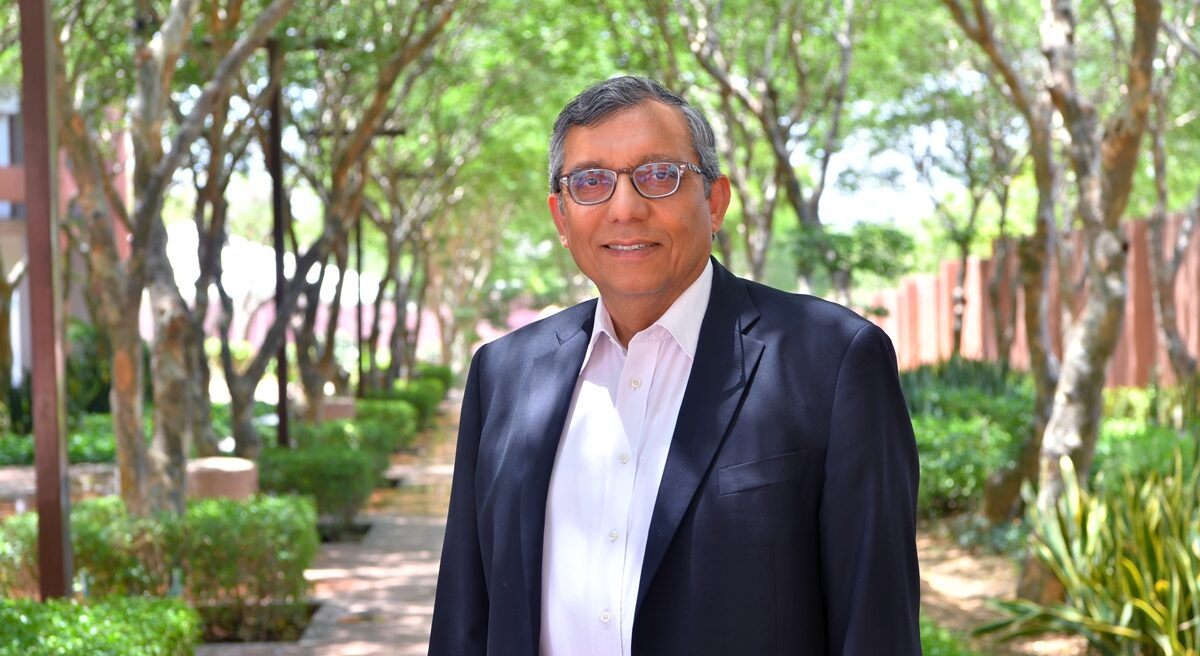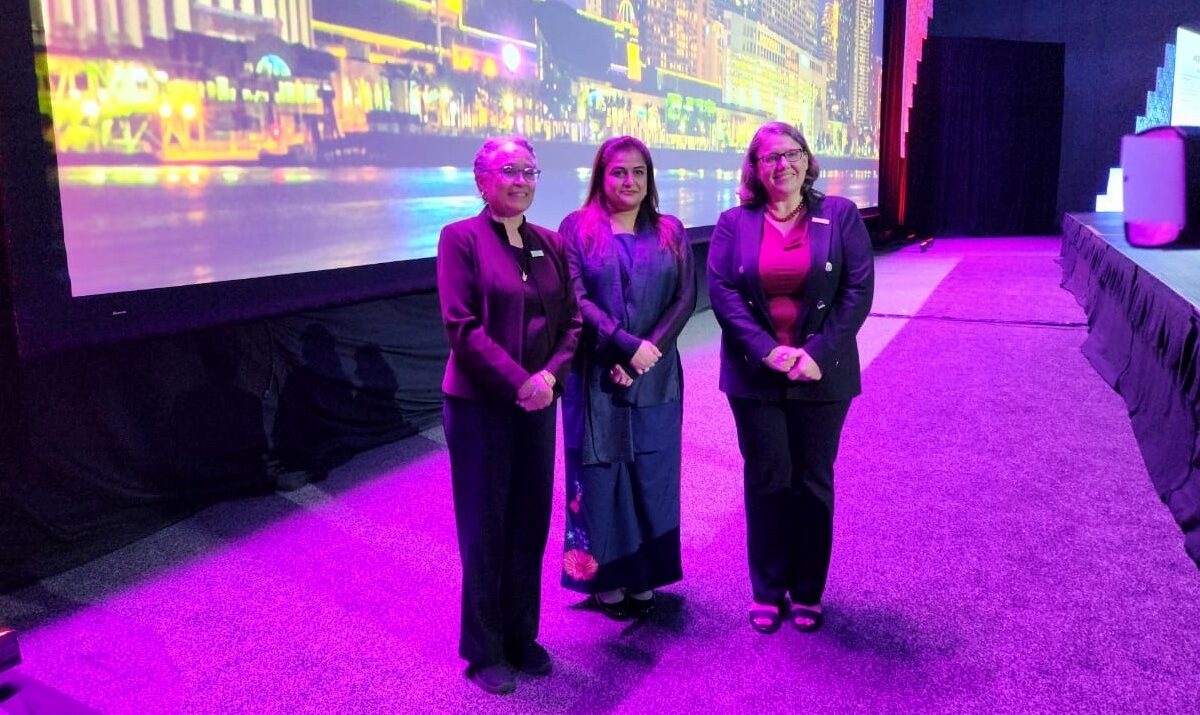United Nations, April 24, 2020: An important United Nations forum Thursday called for addressing the debt burden threatening the economic collapse of coronavirus-hit developing countries, as UN leaders underlined the call by Pakistan Prime Minister Imran Khan for a global initiative for debt relief.
The Financing for Development (FfD) Forum of the United Nations Economic and Social Council (ECOSOC), which held an informal virtual high-level meeting, in which member states joined together in a consensus outcome document that called for coordinated and decisive global action to arrest the fallout from the COVID-19 pandemic and rebuild strengthened and resilient economies.
Read More: UN Chief extends ‘warmest wishes’ to muslims on Ramazan’s eve
In doing so, the entire UN membership came together under the FfD and charted a programme of action to fight the pandemic, restore sustainable growth and put the global economy on a more sustainable path
Opening the online meeting, the ECOSOC President, Mona Juul of Norway, focused on the various proposals made to deal with the debt problem facing the developing countries, and called for concessional financing, especially for least developed nations.
“I welcome the call by the Prime Minister of Pakistan for a Global Initiative for Debt Relief to promote a comprehensive solution to the debt issue and financing for sustainable development”, she added.
The President of the General Assembly, Tijjani Muhammad-Bande, also highlighted the debt problem and said, “I welcome the Global Initiative for Debt Relief, called for by Pakistan, to help ensure crucial liquidity to many developing countries suffering from the heavy burden of debt”.
The endorsement was culmination of a month-long process to agree on an intergovernmentally negotiated outcome document of the Forum, in which PM Khan’s initiative echoed throughout the negotiations of the outcome document.
Read More: Pakistan battle against Covid-19 to enter most critical moment in Ramazan: Chinese researcher
Earlier this month, UN Secretary-General Antonio Guterres also supported PM Khan’s initiative. In response, the Secretary-General issued his own “Policy Brief on Debt and COVID-19” on 17 April 2020.
According to diplomatic observers, the resounding acknowledgement of the Pakistani initiative was instrumental in placing the discussion of debt relief at the center of global response to the emergency caused by COVID-19 and achievement of 2030 agenda.
It also stressed that the developing countries, under severe debt burden, would not have necessary fiscal space to withstand the COVID-19 crisis and therefore must be provided with emergency debt relief, without onerous conditionalities, to deal with the present crisis and to achieve sustainable development.
Pakistan’s UN Ambassador Munir Akram stated after the approval of the outcome document that Pakistan will continue to work with all relevant stakeholders including the United Nations to promote inclusive dialogues on financing the Sustainable Development Goals (SDGs) investments while maintaining debt sustainability.
In his speech to the Forum, Guterres, the UN secretary-general, said that developing countries need massive and urgent support. “Now is the time to stand by our commitment to leave no one behind.
“COVID-19 has highlighted global inequalities and injustices that cannot continue, including gender inequality. Returning to our previous path is simply not an option.”
The FfD Forum is convened by ECOSOC and usually sees scores of ministers of finance, foreign affairs and development Cooperation from around the world, along with the heads of UN agencies, the World Bank and the IMF. This year, the outcome document was the first by UN member states to collectively address the financing challenges posed by COVID-19, it was pointed out.
“COVID-19 shows it is more important than ever to focus on the implementation of the Sustainable Development Goals. Therefore, issues such as resource mobilization, illicit finance, debt and women’s empowerment must be priorities,” Ms. Juul, the ECOSOC president said.
“With hundreds of thousands abruptly unemployed, inequalities between countries and peoples are already worsening. The weakest economies will not be able to recover without immediate comprehensive, coordinated measures.”
To tackle COVID-19, the Forum called on the global community to urgently ensure the flow of vital medical supplies, agricultural products, and other goods and services across borders. In particular, they urged that emergency measures put in place to tackle COVID-19 be “targeted, proportionate, transparent, and temporary” that are consistent with World Trade Organization rules and not create unnecessary barriers to trade or disruption to global supply chains.
Emphasizing that multilateral bodies are essential in the COVID-19 response, the Secretary-General said the role of the World Health Organization was vital in the battle against COVID-19, and called for support to the organization.
Read More: Pak exports to Africa increases by 10 percent in last 10 months: Razak Dawood
Immediate steps needed to prevent economic collapse as a result of COVID-19, the Member States said, should focus on countries in special situations, such as those with weak health systems and limited resources to invest in such systems or in social protection.
They said these countries must have targeted relief, as they will have the greatest challenge both in dealing with the pandemic and in recovering afterwards. They emphasized that global recovery strategies must protect the most vulnerable people, taking into account human rights.
“To recover from this crisis, we need to advance bold financial measures at the national, and especially regional and global levels,” said Liu Zhenmin, Under-Secretary-General for Economic and Social Affairs in a separate statement today. Liu, who is Chair of the Inter-Agency Task Force on Financing for Development, added: “Our actions must be well aligned with the 2030 Agenda for Sustainable Development and the Addis Ababa Action Agenda to ensure that we recover better, in a sustainable and resilient way.”
According to the Member States, it will be crucial to minimize the economic and social damage from the pandemic, restore global growth, maintain market stability, and strengthen resilience.


























































































































































































































































































